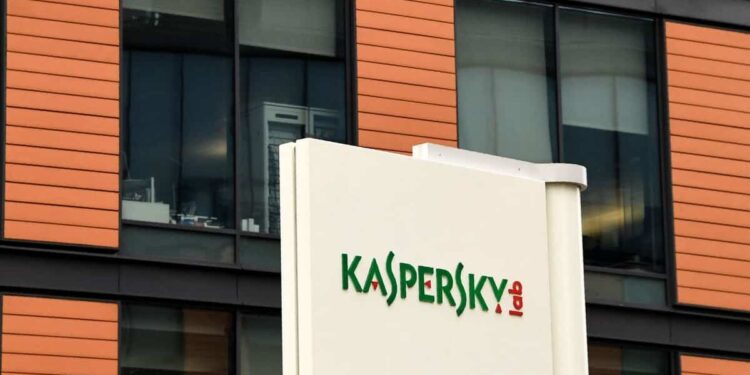Washington announced economic sanctions on Friday against 12 managers of the Russian company Kaspersky, after having banned the use of its antivirus software in the United States the day before, accusing the cybersecurity giant of being close to Moscow.
“Today’s action against Kaspersky Lab executives underscores our commitment to ensuring the integrity of our digital space to protect our citizens from malicious online threats,” said Brian Nelson, Under Secretary of the Treasury for terrorism and financial intelligence.
These sanctions, announced by the Treasury Department in a press release, are a “response to ongoing risks affecting computer security”.
“The United States is committed to protecting and preserving the integrity of our information and communications technologies against online threats,” commented Matthew Miller, spokesperson for the State Department.
He noted that Kaspersky’s “cybersecurity products and solutions provide broad access to files” on “computers on which the software is installed.”
“Kaspersky is subject to the jurisdiction, control or direction of the Russian government which could exploit this privileged access to obtain sensitive data, including personal information, or circumvent computer security measures,” it added. .
This spokesperson warned that this poses “an unacceptable risk to the internal security of the United States or (…) Americans”.
On Thursday, the Commerce Department announced that Kaspersky was no longer allowed to sell its software in the United States or provide updates to software already in use. This prohibition also applies to affiliates, subsidiaries and parent companies of Kaspersky Lab.
Kaspersky will nevertheless be authorized to carry out certain activities until September 29, in order to give its customers time to find an alternative.
The Kremlin denounced on Friday “unfair competition” from Washington.
In 2007, the software had already been banned from federal agencies in the United States.
And in March 2022, the United States Federal Communications Commission added security products, solutions and services provided, directly or indirectly, by Kaspersky to the “list of communications equipment and services that pose a threat to homeland security “.
The multinational Kaspersky has offices in 31 countries and customers in more than 200 countries and territories, according to the Commerce Department, which specifies that the group provides antivirus and other cybersecurity-related products and services to more than 400 million users and 270,000 businesses worldwide.



